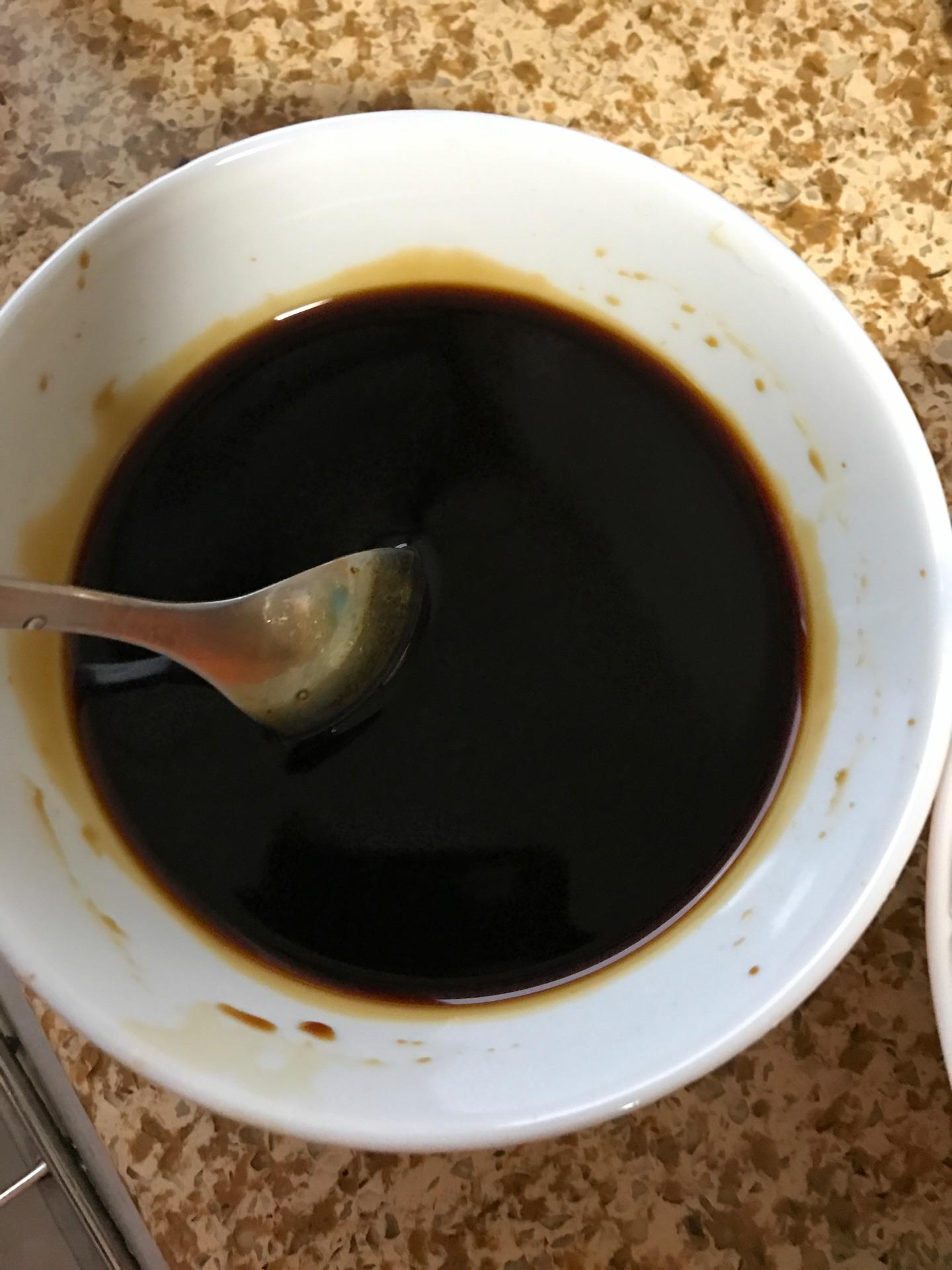Healthy diet
Why not eat the vinegar that becomes muddy?
Vinegar is widely used in sour condiments. Its sour taste mainly comes from acetic acid. As we all know, vinegar has the most important functions in cooking: sterilization, disinfection and antisepsis. According to these functions of vinegar, it is wrong to conclude that vinegar will not be polluted by bacteria and deteriorate. Vinegar will also go bad, and it must be poured out after becoming turbid, and can’t be eaten again.
Indeed, adding vinegar in cooking can promote appetite, remove fishy smell, relieve greasiness, protect vitamin C and kill bacteria. But vinegar is like soy sauce and soy sauce in hot summer;. You should filter the vinegar and use it as soon as possible after heating. But sometimes there is no “long” phenomenon, but turbid or mildewed phenomenon. This vinegar can’t be used again.
Because this phenomenon is due to vinegar in the process of production or preservation does not meet the requirements of health standards. Vinegar in the unclean environment produces vinegar eels and vinegar lice, which are acid resistant parasites, and lose the smell of vinegar. Eating vinegar will affect human health and cause food poisoning.
Therefore, vinegar should be properly preserved, can be placed in a clean container, in a cool place. Because the vinegar smell of acetic acid is volatile, it should be sealed and preserved. In case of deterioration, it is necessary to identify it carefully and dispose of it in time and eat it as soon as possible. If it becomes turbid or mildewed, it must be discarded and should not be eaten. Especially when making cold dishes and adding vinegar in summer, we must first check the quality of vinegar, and never use turbid vinegar to kill bacteria, otherwise we will add acid resistant parasites. Isn’t it “killing insects instead of being killed by insects”?


